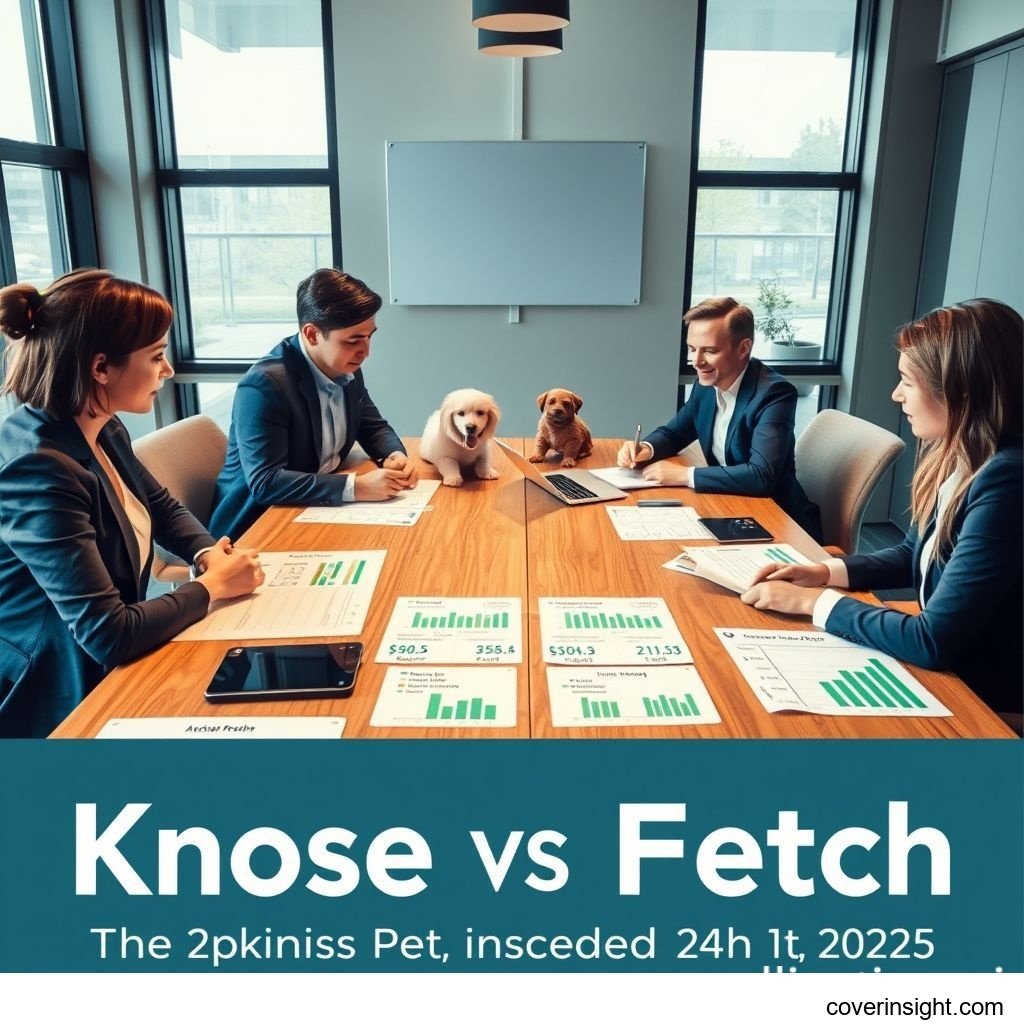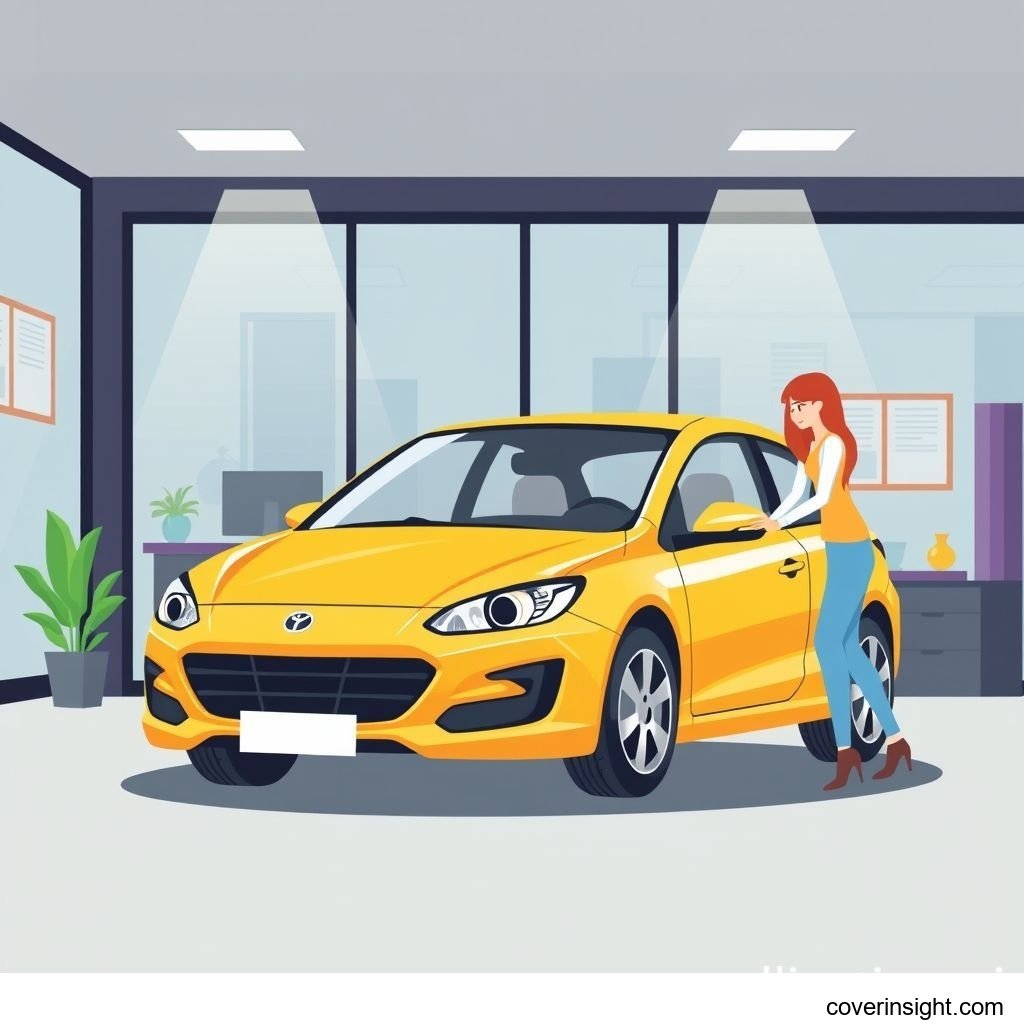Budget Direct Car Insurance AU 2025: A Comprehensive Guide & Review
Introduction
As 2025 approaches, understanding your insurance options becomes increasingly vital, and Budget Direct car insurance in AU stands out as a significant contender in the Australian market. With rising costs and evolving road conditions, securing reliable and affordable coverage is no longer just a recommendation – it's a necessity. This comprehensive guide delves into the specifics of Budget Direct's offerings, helping you navigate policy details, understand pricing, and make an informed decision for your vehicle. Exploring the intricacies of budget direct car insurance ensures peace of mind on Australian roads.
Coverage Details for Budget Direct Car Insurance
Understanding what's included and excluded in your policy is paramount. Budget Direct car insurance offers various tiers of coverage, designed to cater to different needs and budgets, from basic third-party protection to comprehensive policies.
What’s Included
Budget Direct's comprehensive car insurance typically covers a wide range of incidents, providing robust financial protection. This can include:
-
Accidental Damage: Covers damage to your vehicle from collisions, rollovers, and other accidents.
-
Theft and Fire: Protection if your car is stolen or damaged by fire.
-
Malicious Damage: Coverage for vandalism or deliberate damage to your vehicle.
-
Storm and Hail Damage: Protection against natural events common in Australia.
-
New Car Replacement: If your new car is written off within a specified period (e.g., two years), Budget Direct may replace it with a new one.
-
Emergency Accommodation and Travel: Assistance if your car is undrivable far from home.
-
Rental Car After Theft: Provision of a rental car for a period if your vehicle is stolen.
-
Legal Liability: Covers damage your car causes to other people's property.
-
Uninsured Motorist Extension: Some policies may offer limited cover for damage caused by an uninsured at-fault driver.
Common Exclusions
While comprehensive, no insurance policy covers everything. Common exclusions for Budget Direct car insurance often include:
-
Damage from Unlicensed Drivers: Accidents occurring when the driver is not licensed or is under the influence.
-
Wear and Tear: Routine maintenance, mechanical failures, or damage from ongoing use.
-
Unreported Damage: Damage that existed before taking out the policy or was not promptly reported.
-
Modifications Not Declared: Damage to or caused by undeclared modifications to your vehicle.
-
Racing or Off-Road Use: Damage incurred while participating in competitive events or off-road driving not permitted by the policy.
-
Pest or Vermin Damage: Damage caused by animals like rodents or insects.
-
Driving Outside Policy Territory: Accidents occurring outside the geographical limits specified in your policy.
Cost Analysis for Budget Direct Car Insurance
The cost of Budget Direct car insurance is influenced by a myriad of factors. Understanding these elements can help you anticipate premiums and identify opportunities for savings.
Price Factors
Several variables contribute to the premium you pay for Budget Direct car insurance:
-
Driver Demographics: Age, gender, and driving history significantly impact costs. Younger or inexperienced drivers often face higher premiums.
-
Vehicle Type: The make, model, age, and value of your car play a major role. High-performance or luxury vehicles are typically more expensive to insure.
-
Location: Where you live and park your car affects risk. Areas with higher crime rates or accident frequencies may lead to increased premiums.
-
Usage: How often and how far you drive annually. Lower mileage can sometimes result in discounts.
-
Policy Type: Comprehensive, Third Party Fire & Theft, or Third Party Property Only each carry different price points based on the level of cover.
-
Excess Amount: Choosing a higher excess (the amount you pay upfront when making a claim) can lower your premium.
-
Named Drivers: Adding more drivers to your policy, especially young or inexperienced ones, can increase the cost.
Saving Tips
Reducing your Budget Direct car insurance premium is often achievable through several strategies:
-
Increase Your Excess: Opting for a higher voluntary excess generally reduces your annual premium.
-
Bundle Policies: If you have other insurance products, such as home or travel insurance, inquire about multi-policy discounts.
-
Maintain a Good Driving Record: A history free of claims, accidents, and infringements can lead to lower premiums and loyalty discounts.
-
Pay Annually: Many insurers, including Budget Direct, offer a discount for paying your premium in one lump sum rather than monthly instalments.
-
Review Your Cover Annually: As your car ages or your circumstances change, you might not need the same level of cover. Re-evaluate your policy at renewal.
-
Secure Your Vehicle: Installing approved security devices like alarms or immobilisers can sometimes qualify you for a discount.
-
Choose a Lower Risk Vehicle: When purchasing a new car, consider its insurance group. Vehicles with lower repair costs and theft rates are often cheaper to insure.
-
Limit Drivers: Restricting the number of drivers on your policy, especially removing younger drivers, can lower your premium.
Understanding Policy Terms: Lifetime vs Annual Policies
When considering budget direct car insurance, it's important to understand the different durations and renewal options available. While car insurance isn't typically offered as true "lifetime" policies like some other insurance products, the concept of lifetime vs annual policies is relevant in terms of long-term customer relationships and continuous coverage.
Differentiating Long-Term and Annual Policy Renewals
In the context of car insurance, "annual policies" are the standard, requiring renewal every 12 months. This allows insurers to re-evaluate risk and adjust premiums. The concept of lifetime vs annual policies for car insurance largely relates to your continuous relationship with an insurer. While you don't sign up for a car insurance policy that literally lasts for your lifetime, insurers often offer loyalty benefits or "lifetime" discounts for continuous customers who maintain a good driving record and renew year after year.
Here's how these concepts apply to Budget Direct car insurance:
-
Annual Policy: Most common, providing cover for a 12-month period. At the end of this term, you receive a renewal offer, which may or may not include a change in premium based on various factors.
-
Continuous Coverage: While not a true 'lifetime' policy, maintaining continuous
budget direct car insurancecoverage without gaps can often lead to benefits. This might include a "no-claims bonus" that accumulates over many years, effectively reducing your premium over what you might pay if you frequently switched insurers or had coverage lapses. Some insurers might offer 'lifetime' rating protection, preventing your base premium from increasing due to small claims after a long period of claim-free driving.
Benefits of Policy Flexibility
The annual nature of most car insurance policies offers significant flexibility. You have the option to:
-
Shop Around Annually: Compare quotes from different providers each year to ensure you're getting the most competitive price for your
budget direct car insuranceneeds. -
Adjust Coverage: Modify your policy inclusions or exclusions as your needs change, such as adding or removing specified drivers, changing your sum insured, or updating your address.
-
Take Advantage of New Deals: Benefit from new customer offers or promotional rates that may emerge in the market.
Beyond Standard Protection: Considering Dental Care Coverage Parallels
While dental care coverage is unequivocally a feature of health insurance, drawing a parallel can help us understand the importance of comprehensive add-ons in Budget Direct car insurance. Just as dental care coverage ensures specific, often expensive, aspects of health are looked after, certain optional benefits in car insurance extend protection to niche areas beyond standard accident repair.
The Importance of Comprehensive Car Insurance Add-ons
Think of dental care coverage – it's a specific, often specialized, form of health insurance that addresses a particular area of well-being. Similarly, comprehensive budget direct car insurance policies offer optional add-ons that cater to specific, sometimes unexpected, needs. These are not standard inclusions but can significantly enhance your overall protection.
Examples of such add-ons for Budget Direct car insurance might include:
-
Roadside Assistance: Not directly damage-related, but crucial for breakdowns, flat tyres, or running out of fuel.
-
Windscreen and Glass Cover: Often an optional extra with a lower or no excess for glass damage, much like specific
dental care coveragemight cover fillings without a high deductible. -
Hire Car after Accident: Provides a rental vehicle while your car is being repaired after an incident, ensuring minimal disruption to your daily life.
-
Choice of Repairer: Allows you to select your preferred repairer rather than one from the insurer's network.
-
Personal Property Cover: Limited cover for personal belongings stolen from or damaged in your vehicle.
These add-ons, much like dental care coverage, allow you to tailor your policy to your exact requirements, ensuring you're covered for specific eventualities that might otherwise lead to out-of-pocket expenses. They demonstrate how modern Budget Direct car insurance can be customised to offer a truly comprehensive safety net.
Customising Your Protection
The ability to customise your budget direct car insurance goes beyond just basic policy types. By carefully considering these optional add-ons, you can create a policy that provides a bespoke level of protection, similar to how individuals might choose specific tiers of dental care coverage based on their anticipated needs or concerns. This ensures that your insurance package aligns perfectly with your driving habits and potential risks.
Budget Direct Car Insurance: Claims & Customer Experience
The true test of any insurance provider lies in its claims process and overall customer service. Budget Direct car insurance aims to provide a streamlined experience, but reviews often provide a more nuanced picture.
The Claims Process Explained
Making a claim with Budget Direct car insurance typically involves a few key steps:
-
Reporting the Incident: As soon as it's safe, report the incident online or by phone. Provide all necessary details, including date, time, location, and parties involved.
-
Assessment: For damage claims, an assessor will inspect your vehicle to determine the extent of the damage and approve repairs.
-
Repair or Settlement: Once approved, your car will be repaired by an authorised repairer, or a cash settlement will be offered if it's a total loss.
-
Excess Payment: You will generally need to pay your chosen excess amount before repairs commence or at the time of settlement.
-
Completion: Your vehicle is returned, or the settlement is finalised.
Customer Service Reviews and Support
Customer reviews for Budget Direct car insurance are mixed, as is common across the insurance industry. Many customers highlight:
-
Competitive Pricing: Often praised for offering some of the lowest premiums in the market.
-
Ease of Online Management: Their online portal and app are frequently cited as user-friendly for managing policies and making quick changes.
-
Efficient Claims for Straightforward Cases: When claims are clear-cut, the process can be swift and satisfactory.
However, some common criticisms include:
-
Complexity for Unique Claims: More complex or disputed claims can sometimes lead to longer resolution times.
-
Customer Service Wait Times: At peak times, phone wait times can be a point of frustration for some policyholders.
-
Policy Limitations: A minority of customers have expressed surprise at specific exclusions or conditions upon making a claim, underscoring the importance of thoroughly reading the Product Disclosure Statement (PDS) for
budget direct car insurance.
FAQs about Budget Direct Car Insurance
How much does budget direct car insurance cost?
The cost of Budget Direct car insurance varies significantly based on numerous factors, including your vehicle's make and model, your age and driving history, where you live, and the level of coverage you choose. It's essential to get a personalised quote directly from Budget Direct's website or by phone to determine your specific premium.
What affects premiums?
Premiums for Budget Direct car insurance are primarily affected by:
-
Your driving history and claims record.
-
The type of vehicle you drive (e.g., its value, safety features, repair costs).
-
Your age, gender, and postcode.
-
The chosen excess amount.
-
The level of coverage (e.g., comprehensive vs. third-party).
-
Any optional extras added to your policy.
Is it mandatory?
While specific Budget Direct car insurance policies (like comprehensive) are not mandatory, Compulsory Third Party (CTP) insurance (also known as Green Slip in NSW) is legally required for all registered vehicles in Australia. CTP covers compensation for people injured or killed in an accident where your vehicle is at fault, but it does not cover damage to vehicles or property.
How to choose?
Choosing the right Budget Direct car insurance policy involves assessing your needs and budget.
Consider:
-
The value of your car and if you can afford to replace it if it's written off.
-
Your financial situation and how much you can afford to pay in excess.
-
The potential risks of your driving environment (e.g., high-theft area, busy roads).
-
Whether you need specific add-ons like roadside assistance or hire car cover.
Always read the Product Disclosure Statement (PDS) carefully before making a decision.
Consequences of no coverage?
If you opt for no coverage beyond mandatory CTP, you face significant financial risks.
-
Damage to Your Own Vehicle: You'll bear the full cost of repairs or replacement if your car is damaged in an accident, stolen, or affected by natural disasters.
-
Damage to Other People's Property: You'll be personally liable for the cost of repairs to other vehicles or property if you're at fault in an accident, which can amount to tens of thousands of dollars.
-
Legal Fees: You might incur legal costs if a dispute arises from an accident.
-
Loss of Mobility: Without a replacement vehicle covered by insurance, you might lose access to transport while your car is unrepairable, impacting your daily life.
Securing appropriate Budget Direct car insurance provides a crucial safety net against these unforeseen expenses.









Comments